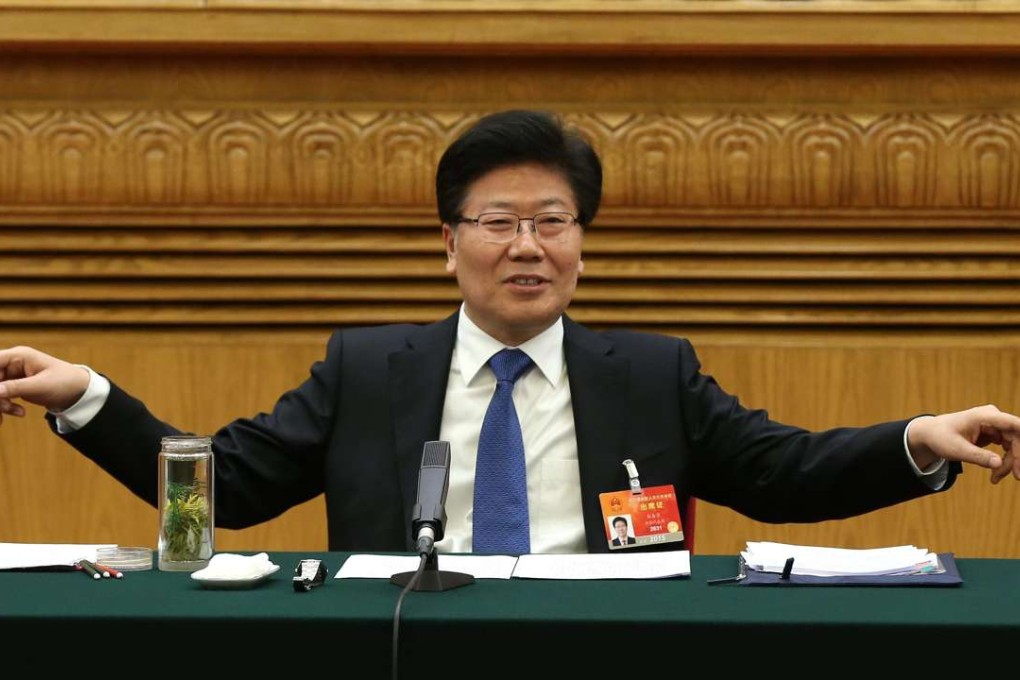Destined for top or on his way out? Opinion split on fate of Chinese government official Zhang Chunxian
Zhang moved from Communist Party top job in Xinjiang region, prompting speculation over his future

Experts are divided on whether top official Zhang Chunxian’s appointment to a group overseeing the Communist Party’s development means the end of his political rise or if he is still in the reckoning for promotion to the nation’s highest leadership.
Some believe the new appointment for the former party boss in the restive Xinjiang region might prepare him to take over the portfolio currently taken by the propaganda tsar and party affairs chief Liu Yunshan. He is a member of the seven-man Politburo Standing Committee of China’s top leaders and also heads the group that Zhang is joining as deputy.
Others, however, say the appointment to the Central Leading Group for Party Building is just a face-saving arrangement preparing Zhang for his eventual political exit next year.
A similar semi-retired role was given to his predecessor as party chief in Xinjiang, Wang Lequan, when he was made deputy head of the central legislative and political affairs committee after his removal from the region’s top post in 2010.
The speculation comes as a major reshuffle of the country’s leadership is due to be announced at the 19th Communist Party Congress next year.